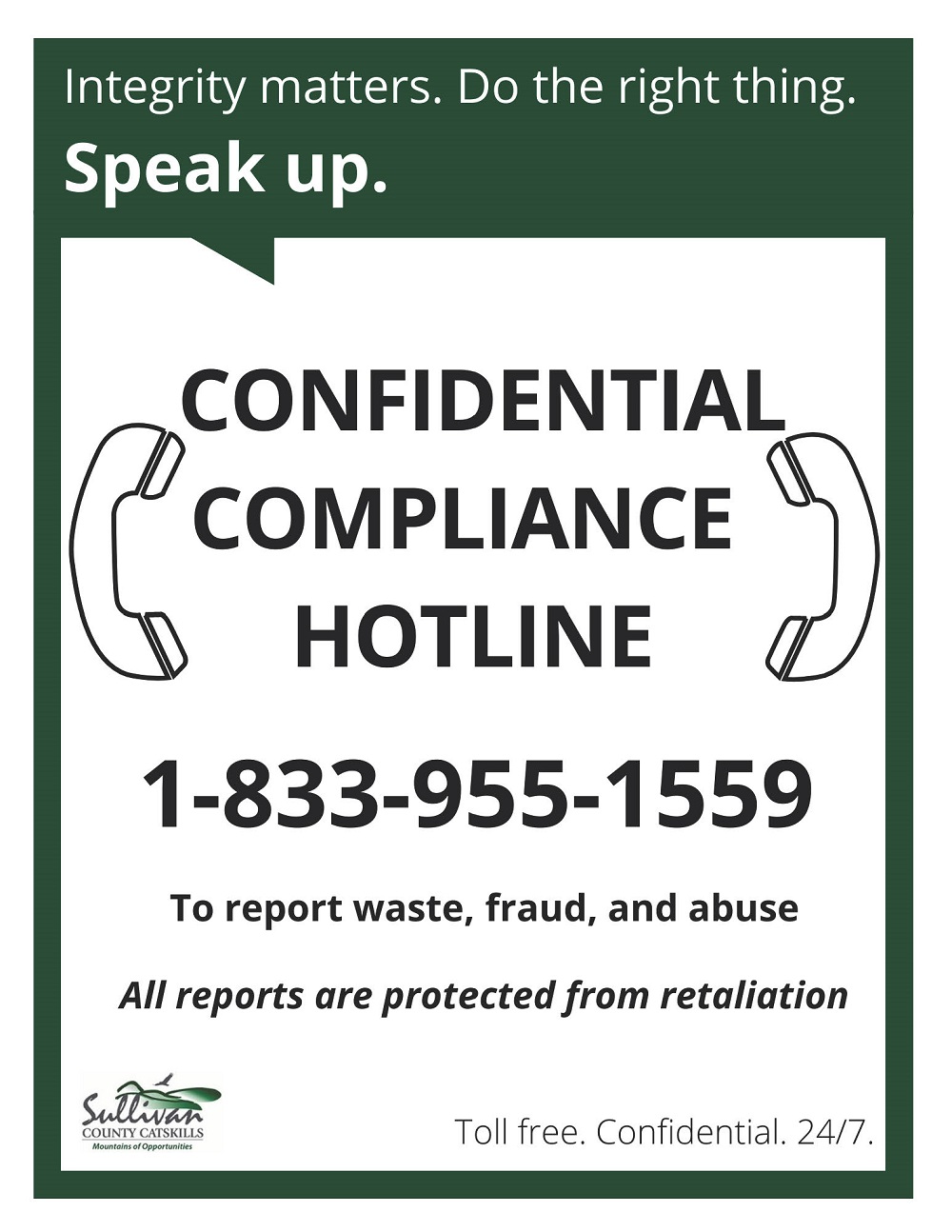Foster parents are the core of any foster family program. As distinguished team members, foster parents have specific Rights and Responsibilities:
Foster Parent Responsibilities Include:
- Providing temporary care for children, helping each to feel accepted and secure;
- Providing guidance, discipline, a good example and as many positive life experiences as possible;
- Encouraging and supervising school attendance, participating in teacher conferences, and keeping the child’s agency worker informed about any special educational needs;
- Working with the agency in arranging for a child’s regular and/or special medical and dental care;
- Assisting a child in achieving his/her permanency goal;
- Understanding the goals and purposes of parent-child visits;
- Helping a child to adjust emotionally to the stress of separation and placement;
- Informing the child’s agency worker promptly about any problems that arise or service that is needed.
Note: More detailed explanations will be provided in the pre-service training and are outlined in the foster parent agreement, which must be signed per-certification.
Foster Parent Rights Include:
- Accepting or rejecting a child for placement in the foster home;
- Participating with the Agency in pre-placement planning, whenever possible;
- Limiting the number of foster children that can be placed in the foster home;
- Expecting regular visits from the child’s agency worker for the purpose of mutual exchange of information and joint planning efforts;
- Receiving agency-wide support on behalf of the effort that is made to care for a child;
- Requesting a clinical evaluation, when indicated, for any child to be placed or already placed in the foster home;
- Agency recognition of the foster parent’s personal privacy;
- Being included in all agency planning that concerns the future of each foster child living in the foster home;
- Receiving pertinent information on each child who is to be placed in the foster home;
- Having the opportunity to learn about all agency policies and procedures that have relevance for foster parents;
- Having the opportunity to participate in training programs for foster parents;
- Receiving agency help promptly, if requested, for any special needs or crisis that arise;
- Having the opportunity to file and discuss any complaints and disagreements with the agency without fear of reprisal;
- Having the agency give preference over all other applicants to a foster parent’s application to adopt a child who have been continuously in care with them for at least 12 months;
- Notification and the right to participate in any Family Court review hearing on a child placed voluntarily who has been in the foster home continuously for a period of 12 months or longer.

